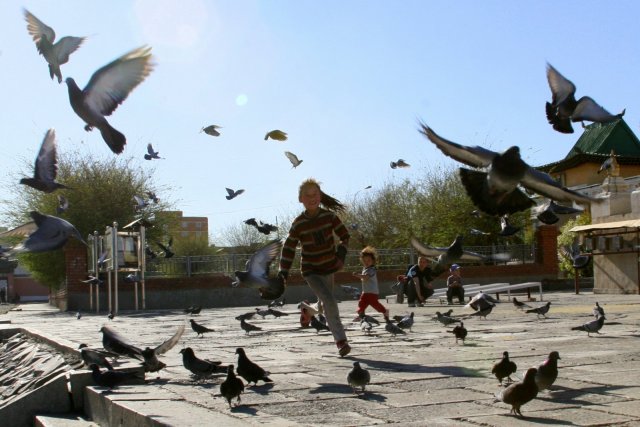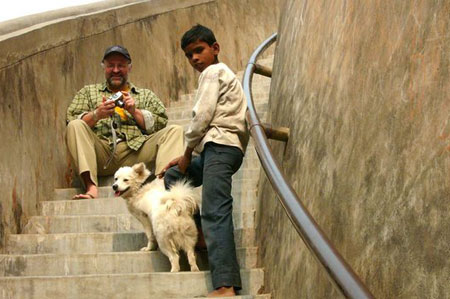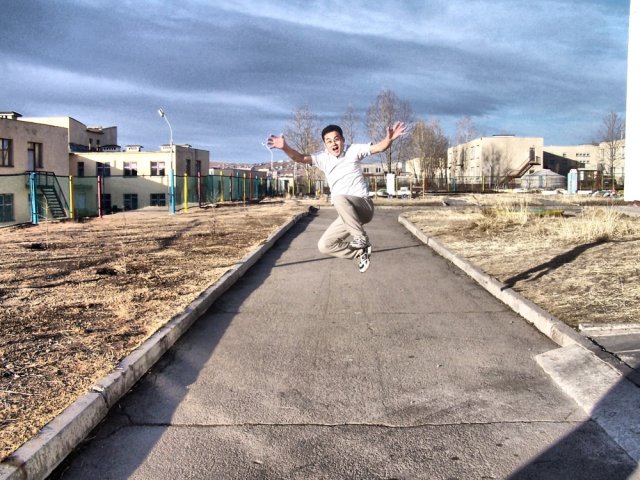The New Year is an opportunity to undertake a re-evaluation of our lives, discard what is not helping and take on new habits which will make life more enjoyable and less stressful.
I’m not great at setting New Year Resolutions, but, this year I tried writing something down (mainly because I thought it would make a good article). I found this process of writing very helpful for working out what I would like to change. It is very much a personal opinion; everything in this article is based on personal experience. Perhaps these will resonate with yourself – perhaps you would have different priorities. Have a go at writing something down – it does make you think!
The New Year is symbolic of a new beginning. If we retain the old habits and thoughts of last year, life will be just the same, but, if we make a conscious effort to bring newness into our lives it can have a real impact.
Each time you enter a new year,
Be determined not to bring
Your old self with you.
– Sri Chinmoy
Targets for the New Year.
Get Up Earlier
Sometimes, I struggle to get up in the morning; I’m certainly not a ‘morning person’ However, when I sleep in longer than I want, I really feel I’ve missed out on something. If I do sleep longer than I want, I try to forget about it as soon as possible – there’s no point in starting the day with regrets. But, I would really like more time. (how to get up earlier in the morning)
Get Less Distracted
As I spend alot of time working on the computer, like many others, I find it is easy to get distracted by inessential, inconsequential things – they don’t give any real happiness or real satisfaction – they just occupy the mind / pass time. I wrote about this in more detail in the post – how to live with computers. In particular, I want to create more time when I have no electrical devices switched on. There is a temptation to spend many hours on the computer, only interrupted by watching something on the TV. I want to spend more time without any external ‘entertainment’ Modern technology can be very useful, but it can also suck us in and we feel lonely unless we are hearing some noise from an electrical device. I will create spaces in life for silence.
Have a Sense of Focus.
I am not a productivity junkie trying to squeeze every second out of life with something ‘productive’ But, I do value the importance of having a purpose to whatever I am doing. We don’t have to be always working / meditating or being productive. But, whatever, we do we should be doing wholeheartedly and without guilt because we are not doing something else. For example, if we watch TV, it should be something that we want to see and because we have given ourselves time for relaxation. But, if we watch TV because we want to put off going back to work, then we are probably watching something rubbish, and we will be thinking about the work we should be doing. Another bad habit I have is trying to do two things at once – working on the computer and trying to watch TV -the result is neither is achieved satisfactorily. Whatever we do we should give this 100% – There is a time for everything. If we go to a social gathering – leave your work mobile behind.
Not To Speak Ill of Others.
Easier said than done. It was an interesting experiment to try and spend a week without criticising others. It is hard, but, also has many benefits. To be successful it requires more than than just trying to control what you say; it also requires a more compassionate attitude – more sympathy and detachment from others’ behaviour.
Be Kind To Yourself.
It is difficult to avoid criticising others, it is even more difficult to stop criticising yourself and then worrying about what you have done. Being kind to yourself does not mean excusing bad behaviour. But, it means we need to forgive ourself as well as others. Related to this is the importance of not worrying so much about what we have done / what might happen in the future. This constant worry really creates unnecessary suffering and is often based on false information. (Be Kind to Yourself)
What targets / resolutions are you making for New Year?
Photo by Pavitrata Taylor









